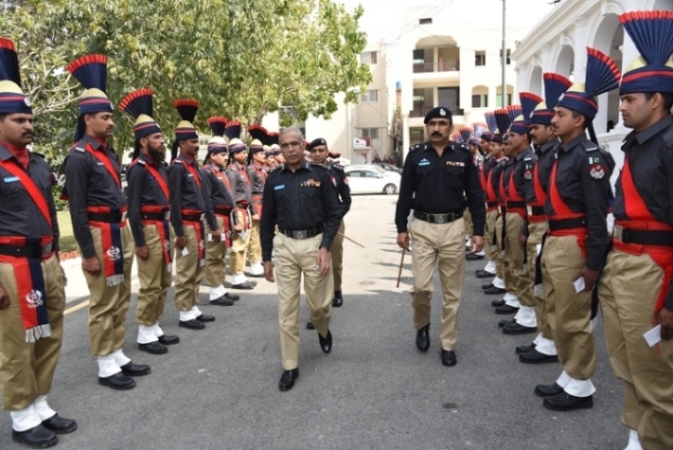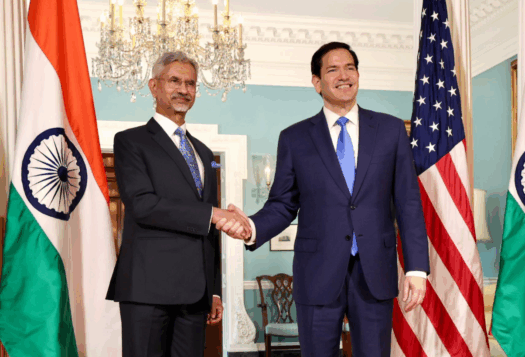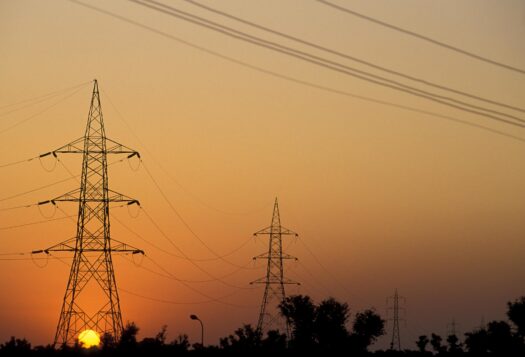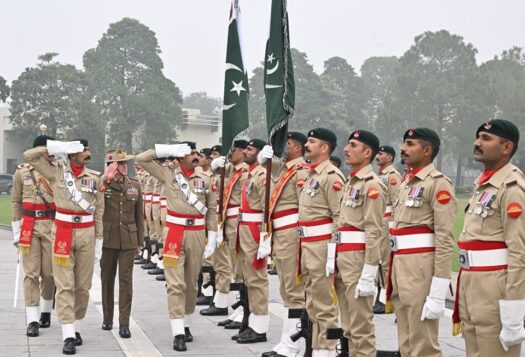
In February, a shocking spate of violence in Pakistan killed over 100 people across the country in only five days. These attacks struck all four provinces and the Federally Administered Tribal Areas. While Jamaat-ul-Ahrar, a faction of the Pakistani Taliban, perpetrated many of the other attacks, it was the Islamic State that claimed responsibility for the deadly attack at the Lal Shahbaz Qalandar shrine, which killed 83 and injured hundreds more.
Although such attacks often call into question the effectiveness of Pakistan’s military, it is equally important to reflect on the effectiveness of Pakistan’s police forces. In his study on the subject for Harvard’s Belfer Center, scholar Dr. Hassan Abbas makes the important point that the police is the first line of defense against terrorist attacks, not the military. Furthermore, it is the job of the police to maintain law and order so that an area might not lapse (or relapse) into lawlessness.
Unfortunately, Pakistan’s police simply does not have the required capacity to counter terrorism. Although it is important to acknowledge that hundreds of police officers have died in the line of duty, the overall capability of Pakistan’s police forces is limited by underdeveloped infrastructure, the poor quality of training, the politicization of law enforcement, and widespread corruption. This ineffectiveness stems from a combination of historical legacies and contemporary mistakes.
The most important historical legacy that has shaped Pakistani policing is the colonial-era Police Act of 1861, which molded the Pakistani police to rule over its people, rather than serve their interests. This law, emerging from previous legislation that Britain used to control Ireland, set a dangerous precedent that led to the police becoming symbols of oppression and extortion on behalf of the authorities. Unfortunately, this legacy continued into post-independence Pakistan, as well. Even during the democratic governments, Pakistan’s police forces have been viewed more as a “private militia” for the authorities than as a trusted arbiter of order and justice for Pakistani society. As the experienced law enforcement official Dr. Muhammad Shoaib critically noted, “common complaints against the police ranged from routine discourtesy and incidents of neglect, incompetence, inefficiency, arbitrariness, inadequate or no response to citizens’ requests for help to institutionalized abuse of power and widespread resort to high-handedness and corruption.” These police abuses have undermined the creation of deep bonds with the Pakistani civilian population critically needed for effective community policing.
Pakistan intended to rectify these shortcomings through the Police Order 2002, which was to address the misuse of authority, political interference in police operations, corruption, and poor command and control. Fixed terms of three years for the heads of federal and provincial police forces were created to improve independence from political authorities. Notably, independent police complaint authorities and public safety commissions were created to bridge the historic gap between the police and Pakistan’s citizens. By 2004, however, political pressures led President Musharraf to weaken these reforms by politicizing the public safety commissions, ending fixed terms for police chiefs, and abolishing the independent complaint authorities. Thus, the philosophy behind Pakistani policing remains rooted in the outdated Police Act of 1861, with its favoritism for the interests of the political authorities and its disregard for civilian well-being.
As extremist groups continue to act with impunity across Pakistan, it is imperative for Pakistan to substantively reform its policing as soon as possible. The first necessary reform is that the norms and regulations of the Police Order 2002 should be re-introduced across Pakistan. The tenures of provincial and district police chiefs should be secured to bolster against politicization of the police authorities. The police complaint authorities should also be re-instated with specific parliamentary authorization and protections. The passage of the 18th Amendment to Pakistan’s Constitution in 2010, which devolved many government powers to the provincial governments, will complicate this effort because it has led to the rise of different police regulations across the provinces, challenging the creation of national policing standards. Second, Pakistan must restructure and strengthen its police forces. Inadequate training and resources for lower level officers, poor working conditions, and low wages must improve. Finally, Pakistan must create a culture of community policing because it will ultimately require the trust of Pakistan’s communities for police forces to undermine extremists embedded within the population. Although building this trust will be a slow process, strengthening the independence and transparency of police investigating processes will make for a strong start, considering the absence of transparency and widespread abuse currently occurring. Although these reforms will be politically difficult to implement, they are necessary for Pakistan to not only uproot terrorists from within its borders but also to improve the credibility of democratic governance in the long term.
***
Editor’s Note: Click here to read this article in Urdu
Image: Punjab Police, Pakistan


